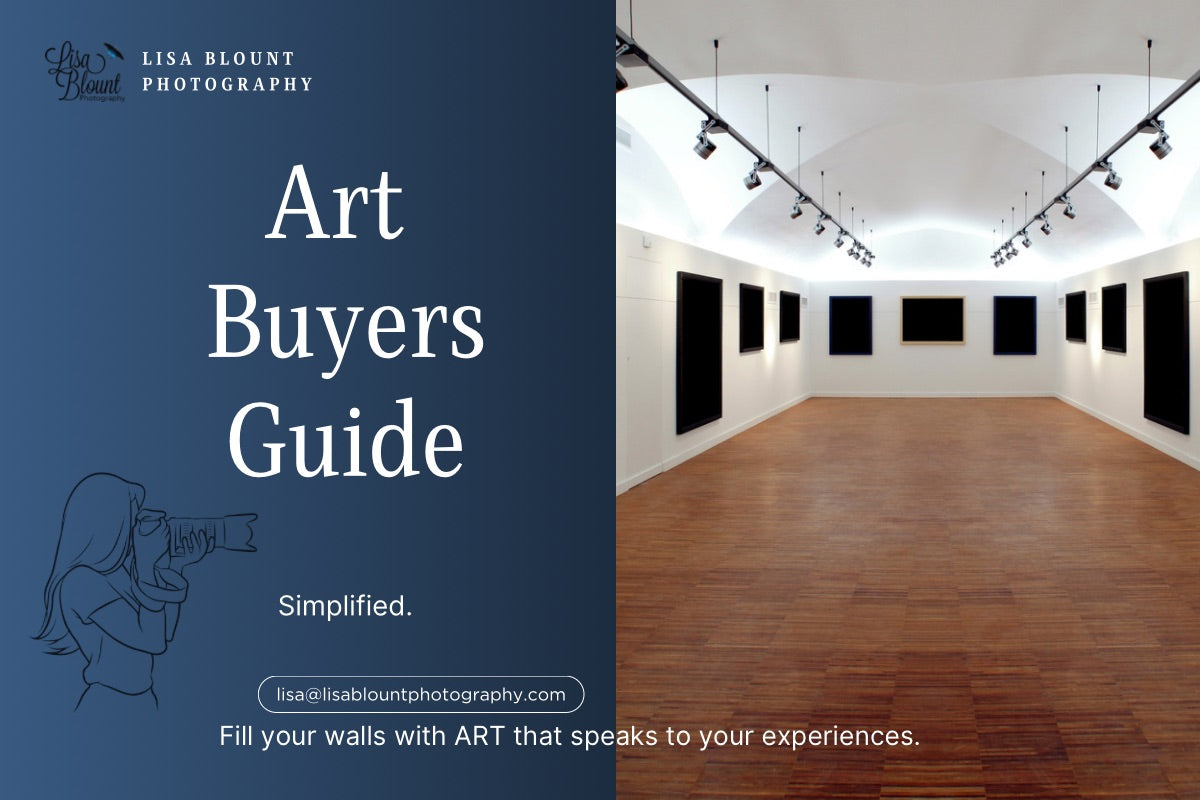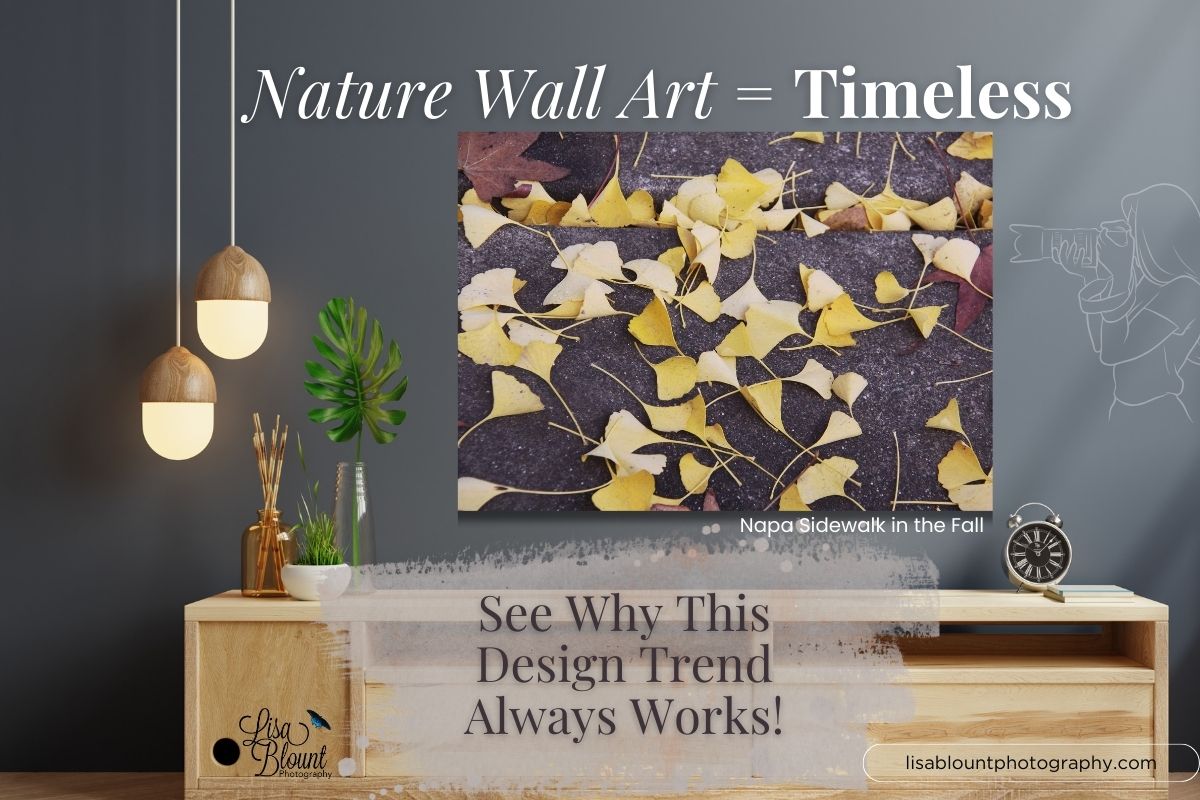
Fine Art Wall Prints: A Guide for Designers, Collectors and Story-Driven Spaces
Wall art isn’t just a finishing touch—it’s the heart of a room. Whether you're styling a luxury living room, creating a peaceful office, or curating a gallery wall for a client, the right piece of fine art photography brings depth, emotion, and personality into the space.
But when it comes to choosing high-end wall art, it’s easy to feel overwhelmed. Should you go with acrylic or metal? Large-scale or subtle? Framed or frameless? In this guide, I’ll walk you through how to choose the best fine art wall prints based on your space, style, and goals. (Want even more detail? Grab the full Fine Art Photography Print Buyers Guide at the end.)
🧵 1. Let Emotion Lead the Way
Start by asking: How do I want this space to feel? Calm and grounding? Bold and energizing? Art sets the emotional tone. My collections are built around feeling—whether it’s the vibrant energy of a blooming succulent or the quiet majesty of a mountain range.
Design Tip: For soothing, meditative spaces, explore Shades of Calm. For drama and strength, browse the Landmarks Collection.
🎨 2. Match the Medium to the Mood
Each print material has its own personality—and matching that to your interior style makes all the difference.
- TruLife® Acrylic – Modern, museum-quality, anti-reflective clarity
- Brushed Metal – Contemporary, industrial, rich in texture
- ChromaLuxe High-Gloss Metal – Bold color, sleek gallery finish
- Archival Fine Art Paper – Matte, timeless, ideal for custom framing
Lisa’s Pick: Acrylic shines in bright, open rooms with lots of light. Metal adds depth and contrast—perfect for moody or architectural subjects.
📐 3. Choose the Right Size for the Space
Size truly shapes impact. Small pieces can disappear; oversized ones can anchor a space beautifully. Here’s a quick guide:
- Entryways: 20x30 or 24x36
- Over a sofa: 40x60 or a diptych
- Above a bed: 30x45 or horizontal layouts
- Gallery walls: Mix of 12x12s and 16x24s
Need help visualizing? Upload a photo of your space, and I’ll mock up how your chosen piece will look to scale.
🛋️ 4. Align with Your Interior Style
Art and interior design should speak the same language. Start with your overall aesthetic, then choose a piece that deepens the story your room is already telling.
- Biophilic or Natural Spaces: Leaf textures, reflections, and organic shapes
- Modern Rustic Decor: Barn wood, trains, or weathered textures
- Coastal Interiors: Ocean blues, palms, and serene neutrals
Designer Insight: Choose art that resonates emotionally first. Matching your throw pillows can come later.
🎁 5. Buying for Clients, Corporate Spaces, or Gifts?
Whether you’re sourcing for a designer project, selecting art for a wellness space, or looking for a heartfelt gift, fine art photography brings lasting presence and meaning.
- Designers & architects curating luxury interiors
- Healthcare or wellness spaces needing calm energy
- Corporate offices seeking statement pieces with story
- Gift buyers marking milestones and new beginnings
Explore more: For small, easy-to-style gifts, visit Small Works with Big Impact. For large statement pieces, see the Large Wall Art Collection.
📥 Want the Full Guide?
Ready to dive deeper? The full Fine Art Photography Print Buyers Guide includes side-by-side material comparisons, sizing visuals, and professional styling tips for collectors and designers alike.
Bonus: Learn how to select finishes, layer textures, and elevate wall art to gallery quality.
Have questions about a specific space, gift idea, or design project? Reach out anytime—I’d love to help you find the perfect fit.
~ Lisa





Leave a comment
This site is protected by hCaptcha and the hCaptcha Privacy Policy and Terms of Service apply.